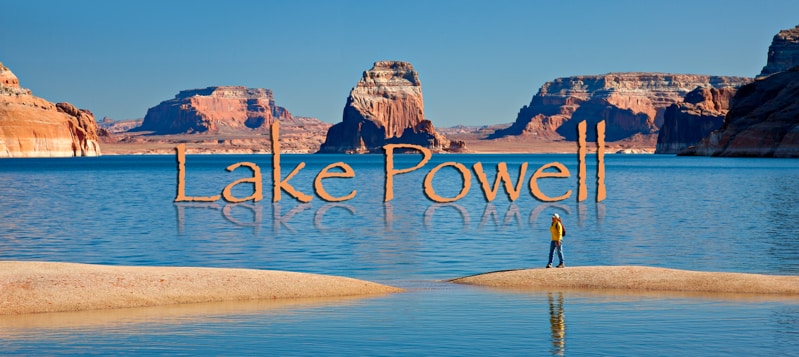For decades, the tribal population of Arizona has been involved in agriculture, and as everyone knows, large scale agriculture requires massive quantities of water. The primary source of water for agricultural production for the tribal communities is the Colorado River Basin, and in addition to the state of Arizona, the river basin serves six more states. Needless to say, the usage of copious quantities of water from the basin has also led to the drought that has stretched over a period of nearly two decades and now the authorities of thinking of ways in which the water consumption for agricultural purposes could be curtailed.
The use of water for agriculture has been seen as one of the reasons why Lake Powell in Arizona could go dry in some years and hence cuts have been mooted to take care of the problem. Lake Mead is also another lake that could run short of water, and these two lakes are particularly important water bodies since they serve a major portion of the South West of the country. In a development that would come as a pleasant surprise for the authorities, the tribal population in Arizona has tentatively accepted the cuts in water allocation in order ensure that Lake Powell is not short of water content.
The Arizona state authorities led by Senator Martha McSally and Raul Grijalva were locked in rounds of negotiations with the tribal representatives in the state. However, it seems that the talks have finally ended and the cuts in water allocation have been agreed. The legislation is now going to be sent to Washington, where it will be ratified by United States President Donald Trump. There is a widespread belief that the President is going to ratify this legislation soon.
McSally told the Arizona Senate, “This is about the livelihood and the safety of 40 million Americans. The Colorado River DCP Authorization Act puts sound water policy over partisan politics.” However, none of those statements would have mattered much had the tribal community of the state not agreed to the proposed cuts. The governor of the Gila River Community, Stephen Roe Lewis stated, “Without the community’s participation, we don’t see how the DCP can be done.”
